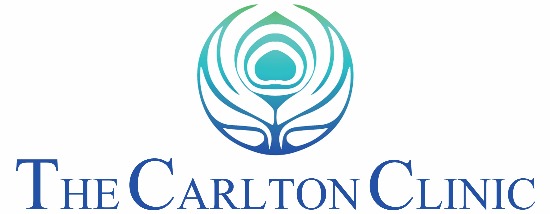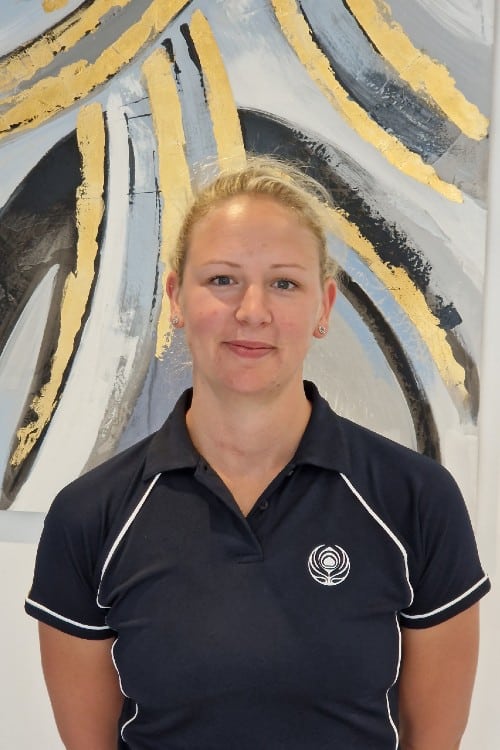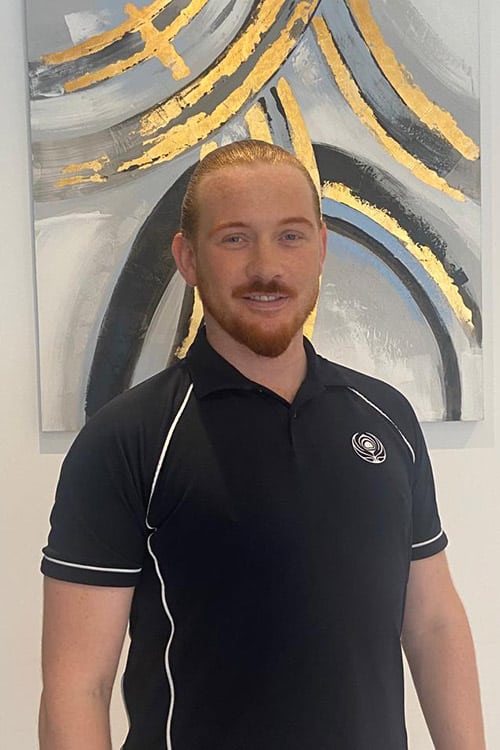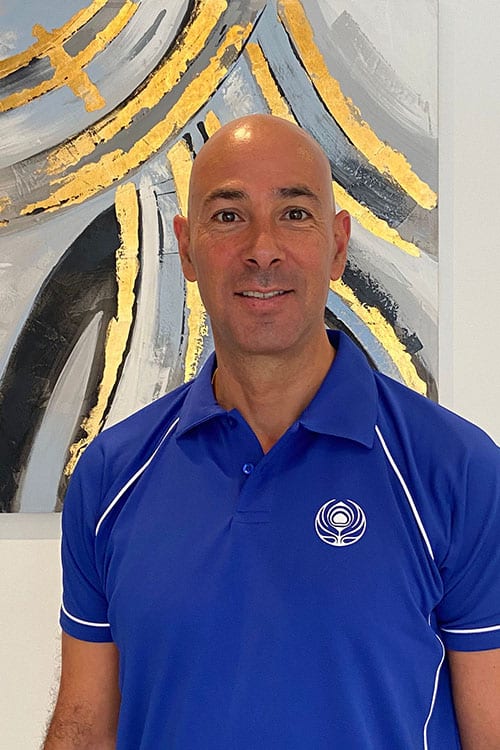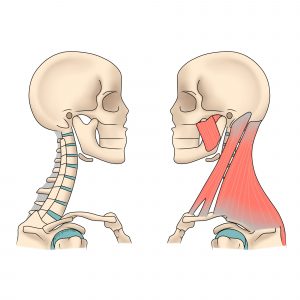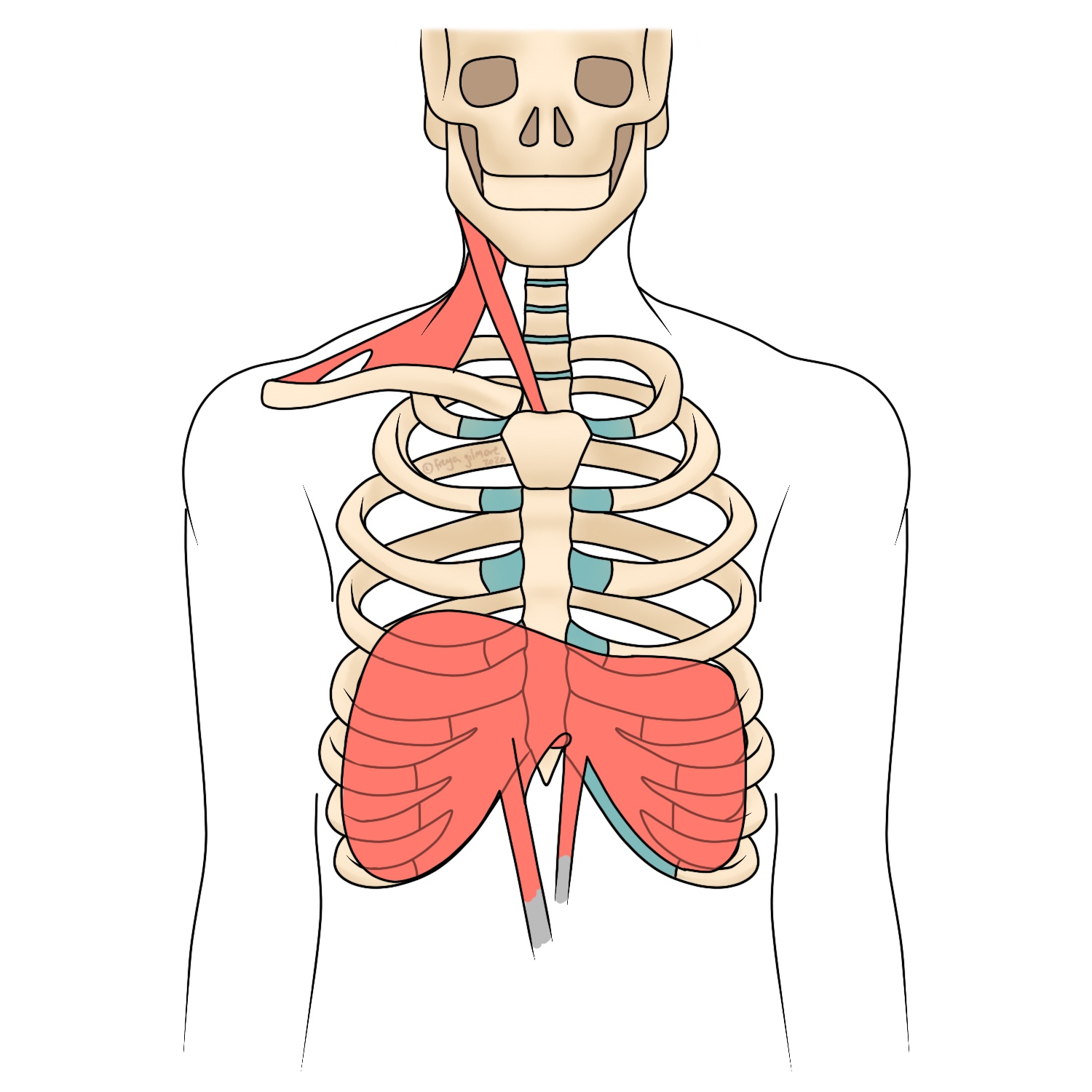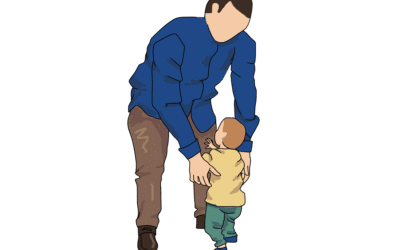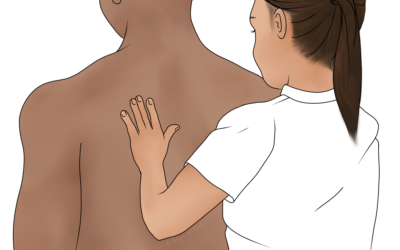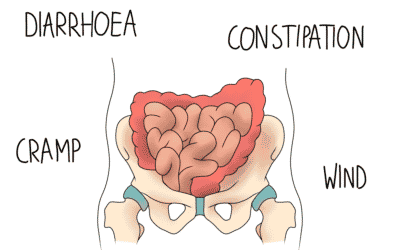Stress alone can be enough to cause tension in your upper back, neck, and shoulders. But modern-day stressors, such as a stressful job that keeps you stuck at a laptop, only add to it.
The Nervous System’s Response to Stress
The Sympathetic Nervous System is the part that is in charge of the “fight or flight” response. When we are stressed, this system primes us for action. Blood is diverted away from digestive and reproductive systems, and sent to our muscles instead. This explains the knot in the stomach that some people feel in stressful situations.
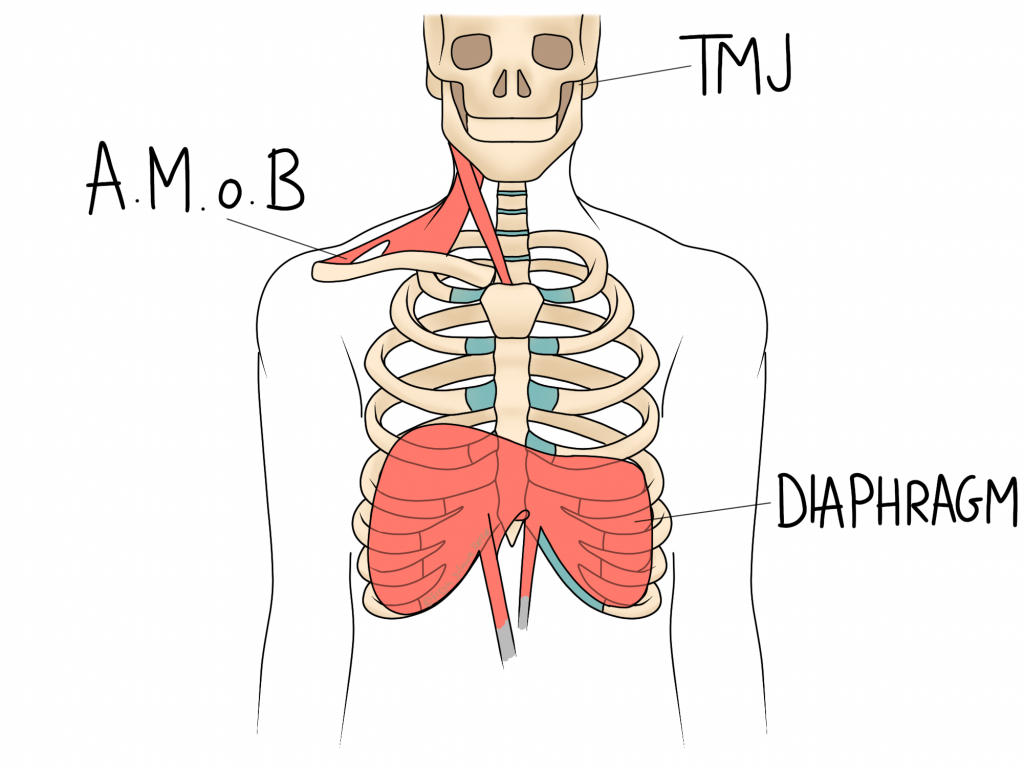
The MSK Response to Stress
The increased blood flow to muscles therefore affects the musculoskeletal system. Whether you are about to fight or fly, muscles need to engage. Some people find that one or two parts of their body are particularly affected, such as:
- Shoulders and neck
- Abdomen
- Thighs or quadriceps
- Calves
But in the modern world, we generally don’t need to run or hide from our stress. It also lasts a lot longer than it would’ve done when the response first developed. The fight or flight response is supposed to be a brief reaction to get us to safety before normal physiology returns again. Now, our stress comes to us while sitting at our desks. Maybe our shoulders, necks, and quadriceps are already tight from the position we’re sitting in. They don’t need the extra energy to continue contracting- what we really need to do is get moving to relax those muscles.
Breathing and Tension
Sending blood to muscles isn’t much use unless it’s oxygenated. The sympathetic nervous system instructs the respiratory system to work harder. But how can the lungs fill further than usual if there is tension? For example, if you happen to hold your abdomen tight in times of stress? Efficient breathing involves proper diaphragm movement, which manifests as deep breaths into your tummy. Failing that, the lungs can be supported by the Accessory Muscles of Breathing. These are a collection of smaller, therefore less efficient muscles. They are situated around the tops and back of the shoulders. When they are overworked, they cause us to raise and round our shoulders. This is not an efficient position either, and can cause further tension into the neck. This in turn can cause headaches* or jaw problems.
Osteopathy for Tension
Beyond lending a listening ear, we probably can’t do much to resolve your stress itself. However, we know that calming input, such as massage and touch, can help to encourage the sympathetic nervous system to step down.
Of course, we can also help address the tight muscles and their secondary effects. All of the muscles mentioned above (including the diaphragm) can be worked on in clinic and with exercises to do at home. Exercises can have the dual effect of getting on top of existing symptoms as well as managing acute stress and preventing the recurrence of symptoms. Your osteopath may give you breathing exercises for times like these.
Prolonged tension will cause restrictions elsewhere, such as in the joints of the upper back.
To start managing the effects of your stress, book an appointment with us now.
